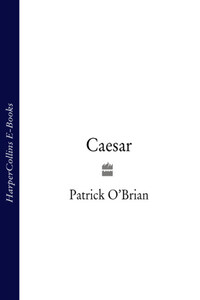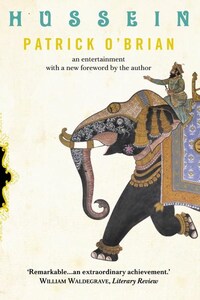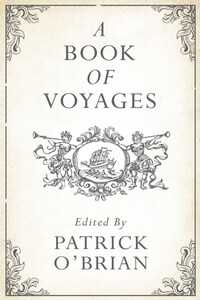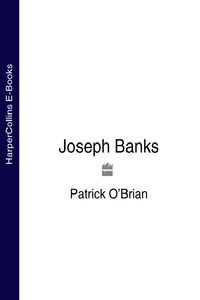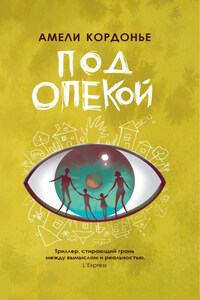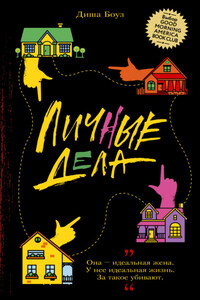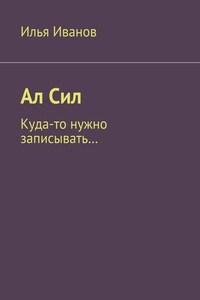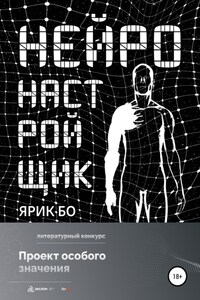It is a curious experience looking back from a distance of more than seventy years at the little creature who shared one’s name, bones, and indeed a good deal of one’s essential being, as far as it can be made out at all objectively. Curious and by no means entirely agreeable: I doubt if my present self would have liked the twelve-year-old boy who wrote this tale — he was certainly not very popular among his brothers and sisters. Nevertheless, that remote being and myself, his aged descendant, are linked by a common delight in reading: the boy read voraciously, often in bed, by the light of an electric torch. And when he was very young his stepmother, the kindest of women, took him to see her sister, who gave him the Reverend Mr Wood’s Natural History, a mid-nineteenth-century edition illustrated with a fair number of engravings. Since he was already something of a naturalist (an admired, much older brother had practically invented birds), the boy devoured the book, which was written by a sensible, well-informed, scholarly man. The boy was also something of an invalid, which interfered with his education and worried his father, a bacteriologist in the early days of vaccines and electrical treatment: the young fellow (pre-adolescent: a sort of elderly child) therefore spent long sessions in the incubator room, sitting at a glass-topped metal table and doing the simple tasks set by his tutor. But the tasks left a good deal of time unoccupied, and since it was obviously unthinkable to bring a book to read, the boy, by some mental process that I can no longer recall, decided to write one for himself, thus discovering an extraordinary joy which has never left him — that of both reading and writing at the same time.
It may seem absurd and pretentious, above all apropos of this piece of juvenilia, to say that writers, once they have experienced this intense delight, live fully only when they are writing fast, at the top of their being: the rest of the time only the lacklustre shell of the man is present, often ill-tempered (deprived of his drug), rarely good company.
PATRICK O’BRIAN
Trinity College, Dublin 1999
First you must understand that I am a panda-leopard. My father was a giant panda and my mother a snow-leopard.
I will begin my story at the first things that I can remember.
My early days were spent with two brothers and a sister in a large cave, high up in the side of a mountain.
Of my father I remember little, except a hazy recollection of a very large shape which brought food to my mother in the first few days of the opening of my eyes.
The first thing to make any great impression on my mind was the killing of my sister.
It happened like this — the day was very cold, we were huddled together for warmth, and mother had gone for food, when I heard a scratching noise outside, and somehow it frightened us, for the others had heard it too.
Then a head appeared in the mouth of the cave. It was that of a large black bear.
The face seemed to split almost in half as the bear roared, and this sent us into the back of the cave, all except my sister, who sat petrified with fear in the middle of the floor.
The bear came right into the cave, and then shot out one of his great paws, and struck her a blow which laid her dead at our feet.
Then he picked her up and went out growling terribly.
Scarcely had the bear gone, when mother returned carrying a tough old pig.
She smelt around for a little, and seemed worried. Then she noticed my sister’s absence, and with a low growl she went straight out of the cave, following the tracks of the bear.
She came back late in the evening with her white fur splashed with blood, both her own and the bear’s, and in her mouth she carried two bear cubs, both quite dead. She was very tired as she had kept up a running fight for miles before they had reached the bear’s lair, where mother had killed him.
We ate the bear cubs.
Next day passed uneventfully, but I missed my sister in a dim sort of way. We played as usual, but I noticed that one of my brothers stayed out of our games and seemed unhappy.
As the night approached he was more uneasy, and mother licked him to soothe his whimpering, and this calmed him; but by nightfall he was howling and crying, as if in pain, and mother looked anxious.
We tried to make him play, but he just sat still, not even retaliating when I bit his tail.
Soon after this I went to sleep, as there was no fun to be got out of him.
Next morning we found that he was gone, and we saw by his tracks that he had gone straight out of the cave, down the mountain-side and over the frozen stream at its foot. Here we saw the signs of a struggle. A hyena had got him.
